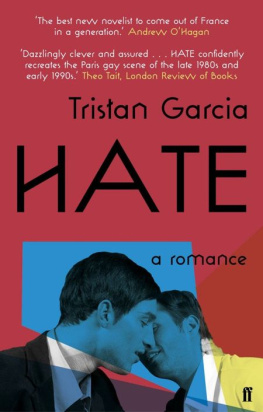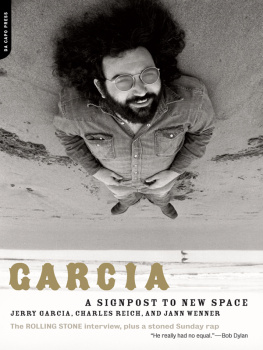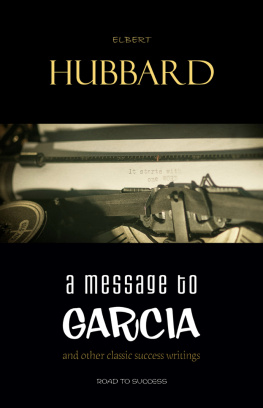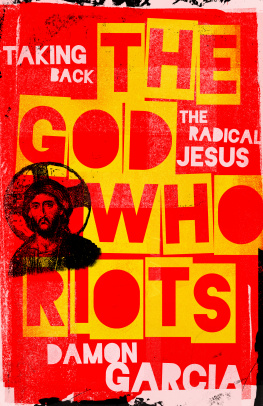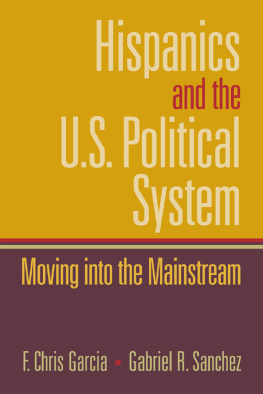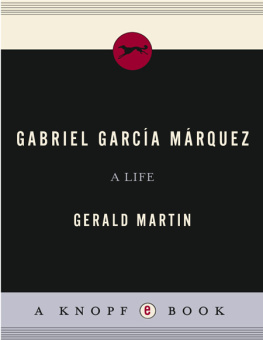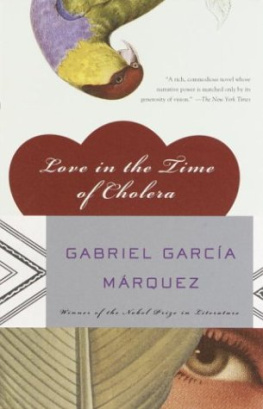The characters in this novel have never existed other than in the pages of this book.
If, however, the reader feels that in certain ways they resemble real persons whom he or she knows, or knows of, that is simply because other persons or characters would behave no differently under similar conditions.
WILLIE
William Miller, in the photos he showed me, looks like a subdued little kid, well-behaved and dull.
He was born in Amiens, in 1970, where he always told me he spent a childhood that seemed happy at the time and terribly sad in retrospect. He had an open face and thick eyebrows. He was a slow studentto put it bluntly, he was no geniusand the one time I heard him describe a memory of first grade, it was of always having to pee and being made fun of. He was a bed wetter. Otherwise there was nothing especially martyrlike about him.
His father, an Ashkenazi Jew, was in the garment business. He opened a shop in Amiens near the mairie which failed, so he went to work as a salesman in a department store selling linens.
His mother was a housewife.
William had two brothers, I never knew their names. He was the youngest. He was still little when he started wearing glasses. His parents got divorced when he was ten. William stayed with his mother in their house near touvie. His father moved into an apartment. William didnt see him after that, or not much of him anyway. They werent close. His father, when he had to take him for the weekend, used to leave him with his aunt, in Compigne, where William liked to pretend he was a king or a knight in the ruins of the castle, sticking close to the parking lot.
One day we were talking about it, in a leather banquette near the bar. He was winding his big silver watch, fiddling with his wig, he was laughing, and I remember him saying, At the time I thought it was normal, I didnt feel good or bad, if you see what I mean. Now that Ive been around a little, I realize it was wretched.
He was smiling. His brothers were tallthe older one, I think, works for the city, the second one had run away, he ended up in reform school, then the army. From the age of eight or nine, all through Williams adolescence, he basically had no communication with them, except when one of them asked what was in the fridge. He got fat.
Looking back, you realize how many silences there were in a house like that, where the love had just broken in two, you know. Like a string
He played tennis. It was his father who signed him up to play sports. He didnt like his body, hed have rather they left him alone. He wasnt much good, and he spent hours at a time in the toilet. As the years went by he started to have a few friends, all girls. He made friends with some boys, its true, in grade school, he said, but never anything deep. There was this one boy, Guillaume, who he practiced tennis with on Sundays, but then Guillaume moved east for vocational school. He had red hair, he never talked, he had no sense of balance on a bike. Thered been a couple of birthday parties, at his house. That was pretty much it.
He was crazy about Star Wars , it became a real obsession. He was always dreaming about Chewbacca and the Ewoks and their planet, and the Empire, and the Mil lennium Falcon and bipods, the AT-STs at the base on Hoth. He told me once, when the prequels finally came out twenty years later, That was my way of being a boy.
Whenever the doorbell rang, his mother would call out, Dont open it, you dont know who it is. Maybe this was because of the scandal that erupted, before the divorce, when his fathers mistress burst into their house in a rage, her red hair wild.
William often got phone calls from girls, he always loved to act as a confidantso he said. But if you ask me, I never saw him really listen to anyone: he was always the one who talked. His friends just tried to keep up.
In lyce he kept to himself, and he got mediocre grades. You could see the red pen on his compositions (messy) and his report cards (fair). They put him in the economics and social sciences track, and the next thing he knew hed got his bac without even having asked for it. He had longish hair back thennot like anyones in particular, it wasnt as if he had some idol who wore it that way. At least, I doubt it. He just didnt go to the barber. And he wore button-downs. He had that cupids bow which everyone would fall in love with, later on, and which back then was covered with peach fuzz. To be blunt, it wasnt a very good lookeven clean, somehow it looked grubby. He listened to classical music compilations and French variety songs. He started to read poetry because of a teacher; then he discovered rock, but never really explored it. He liked dance music, but not dancing. If you asked about those years, he wouldnt try to explain, just shrug. What did I like ? I dont think he knew where he belonged.
He didnt start hating his father all at once. It happened in stages. He learned to express himself by running his father down, little by little at first, to other people, to strangers he met. He took a little room in student housing. He enrolled in a program studying sales.
At first he fit in, more or less. He was a little too shy, but he knew enough to smile if you tapped him on the shoulder. He was a bad talkerbut in a nice way. An interesting way. He had big, hairy hands, which he was embarrassed about. He felt uncomfortable wearing a tie, and yet sometimes he could be sharp, he was lively, and he could clean up nicely when he had to.
Youre like a butterfly coming out of its cocoon, William. Soon youll spread your wings. Thats what his boss told him during his first internship. Wills admiration for this guy was boundless: he was a bon vivant, a dynamic personality, someone whod mastered life. When he snapped his fingers it had the force of truth.
Will never understood what happened, though he worried and worried about it. Something occurred between them, something scandalous and wrong, even if no one ever knew. So William left Amiens, he was barely nineteen, in 1989, the year the Berlin Wall came downbut as he liked to say, what side did it fall on?
What did the Wall come down to? Really, Im asking.
He stumbled off to Paris, Gare du Nordno job, no nothing. Less than nothing.
He met Doum a year and a half later, in June.
DOUM
Dominique Rossi had always looked handsome in a mature way, responsible and lightly chiseled by time. The trouble was, when he was twenty it didnt suit him. He had to wait to look his age.
The village he came from lies just next to Calenzana, in Corsica, a few kilometers from Lle-Rousse and Calvi. His father was a doctor, the big doctor in town. He had five older brothers, no sisters. He was the baby.
His mother? Italian. Thats where he got his long black eye-lashes, and the rest of it. A person could have done worse.
He grew up in a big house at the foot of the mountains. Winters they went skiing in the Alps, summers they spent in Sicily then Tunisia, where they owned beautiful second, third, etc., houses.
The ties between his father, Pascal, and the separatists were never entirely clear. He was an intellectual of sorts and in later years he often, you might say, shepherded the young men who started to organize in the early seventies. He owned a vast library, and in his own way exposed the young Bastiais to the idea that Corsica had always been, historically, under foreign domination. Except when Paoli, that slick well, but that was another story and it ended with the French. Pascal Rossi was never partisan in anything. No, he was a dilettante, a blowhard with a great thick beard, who smoked his pipe and reflected on events. He spoke Corsican because he taught himself out of a book. He wanted to be able to talk with the old people. He encouraged the younger generation to reconnect with their language, he showed them all the ways the mainland exploited the island, more and more, without bringing them infrastructure or jobs. Unemployment was already on the rise.

